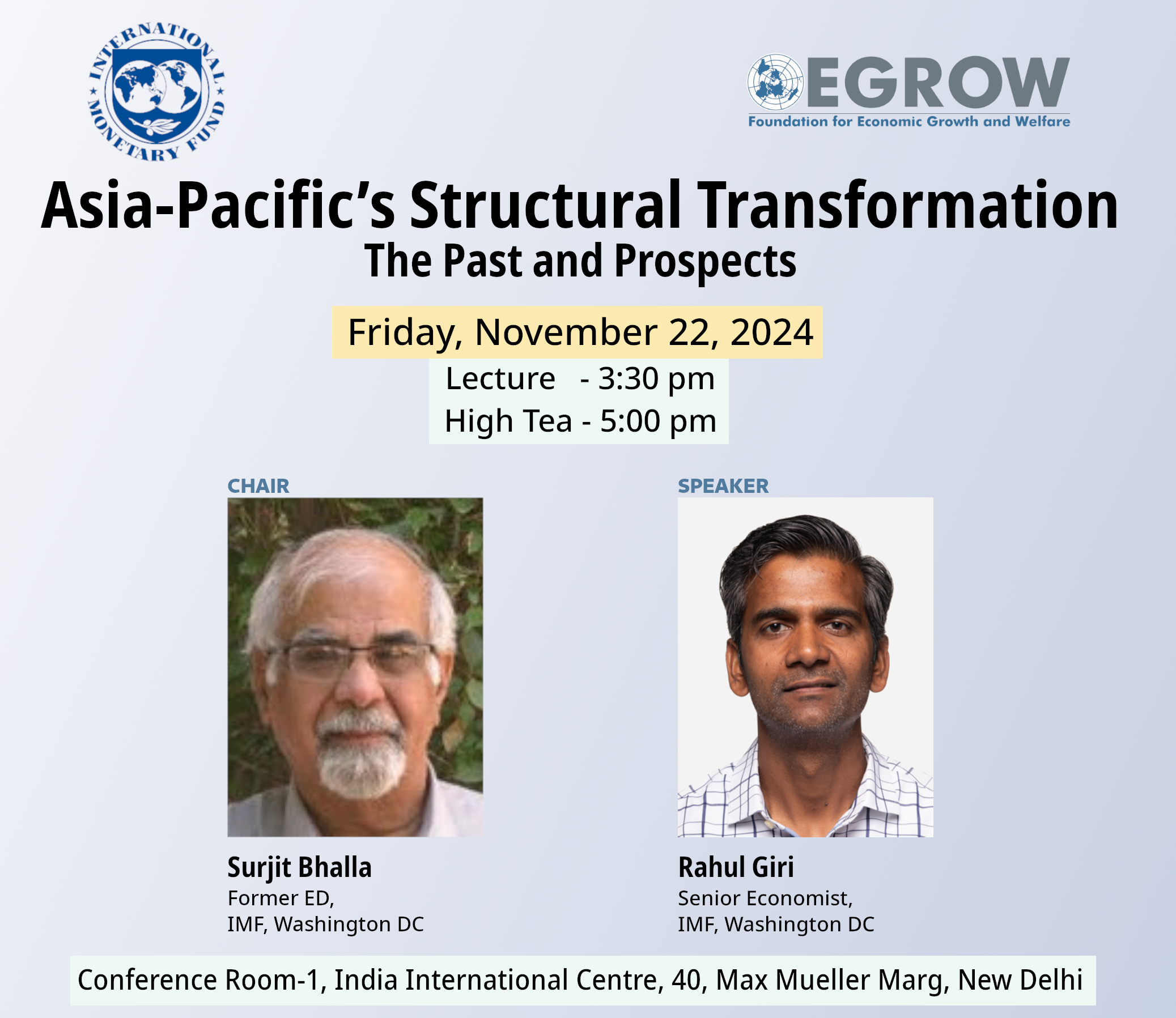Asia-Pacific's Structural Transformation: The Past and Prospects

Abstract
The Asia and Pacific region have enjoyed rapid economic and human development gains over the past three decades. Though it has benefited from demographic tailwinds, investment and productivity growth have been the key to these gains. The critical role of structural transformation, that is, workers moving out of agriculture into other, higher-productivity sectors in achieving productivity growth, is often underappreciated. Movement into manufacturing in particular, helped by rapid international trade integration, has been a hallmark of structural transformation in the region. However, services have played a bigger role across the region over the past three decades. Looking ahead, enabling continued transformation will be critical. As per capita incomes rise further, the move into services will likely become even more prominent. Ensuring a shift toward more productive services will require investment in education and training to supply the needed skills, especially to allow workers to adapt to the wave of new technologies, including AI. Continued international integration in services would be key, with an eye on boosting tradability and competition in services. In many economies, enhancing agricultural productivity will still be important for promoting transformation and growth, along with lowering barriers to workers and resources moving across sectors. Policies to raise labor force participation, especially among elderly workers and women, will be critical for mitigating the impact of population aging and decline in much of the region.
About the Speaker
Rahul Giri is a senior economist in the Regional Studies Division of the IMF’s Asia and Pacific Department. He has contributed to the Regional Economic Outlook and other regional analysis. Previously, he has worked in the African Department and the Strategy, Policy and Review Department, focusing on issues such as monetary policy and exchange rate market reforms in low income country context, trade integration in Africa, Sustainable Development Goals, and diversification and industrial policies. Before joining the IMF, Mr. Giri was an Assistant Professor of Economics at Instituto Tecnologico Autonomo de Mexico (ITAM). His research interests include international trade, international macroeconomics, growth, and development. He holds a Ph.D. in Economics from the University of Southern California.